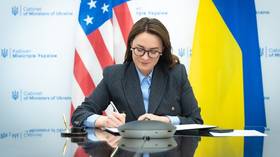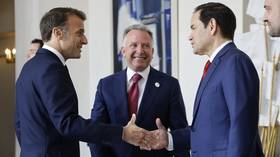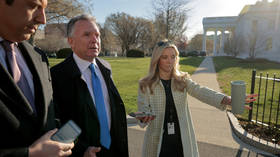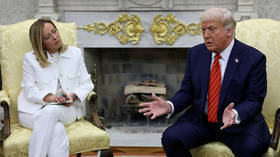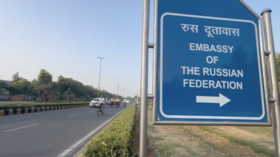BBC ‘anti-Corbyn bias’ challenged by 61,000-strong petition
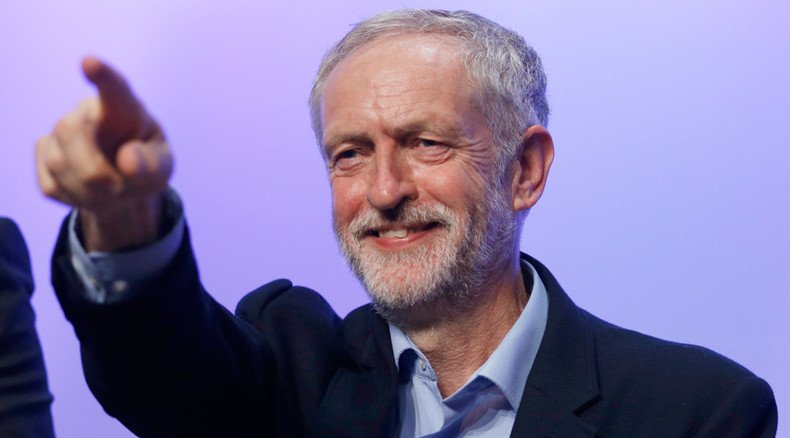
Some 61,000 people have signed a petition against perceived BBC bias towards Labour leader Jeremy Corbyn. As the broadcaster routinely refers to Corbyn as ‘left-wing,’ signatories say David Cameron should likewise be tagged Britain’s ‘right-wing’ prime minister.
The petition, started by Amanda Drury, says “every time Jeremy Corbyn is mentioned in a news report on the BBC he is referred to as ‘the left wing Labour Party leader.’”
“In the interest of fairness and un-biased reporting, David Cameron should also be referred to in terms of his place on the political spectrum – ‘the right-wing prime minister.’”
In a statement, a BBC spokesman said: “Our journalists use descriptions of different political leanings to help the audience’s understanding or where there is a specific editorial justification.
“Mr Corbyn was to the left of the other candidates and now he has been elected it is fair and accurate to say the Labour leadership is more to the left, or more ‘left wing’ than before.”
“We do not use such labels in every instance, but we have taken a similar approach with the different political shades of other parties,” the spokesman added.
The BBC has been wracked with accusations of bias in recent months, mostly over its coverage of foreign policy issues.
In June, the BBC acknowledged its presenter Sarah Montague did not adequately challenge controversial comments made by Israeli Defense Minister Moshe Ya’alon about Palestine on the broadcaster’s flagship Radio 4 Today program.
READ MORE: BBC admits Israeli defense minister interview breached impartiality rules
“Mr Ya’alon was allowed to make several controversial statements on those matters without any meaningful challenge and the program makers have accepted that the interviewer ought to have interrupted him and questioned him on his assertions.”
In a statement, a BBC spokesman said: “The BBC has reached a provisional finding that the complaints should be upheld and will be taking comments from the complainants into account before finalizing the outcome.”
The interview, which took place on March 19, saw the minister make a number of contestable claims, which political groups say went unchallenged.
These include Ya’alon’s claim that Palestinians “enjoy already political independence. They have their own political system, government, parliament, municipalities and so forth. And we are happy with it. We don’t want to govern them whatsoever.”
LISTEN MORE:




